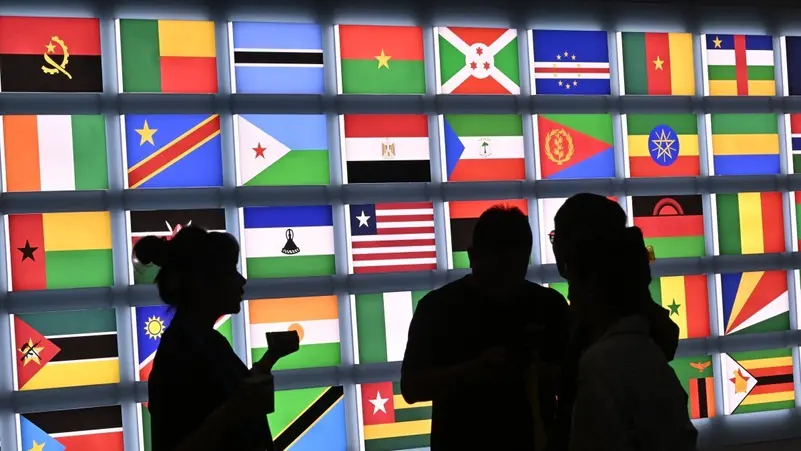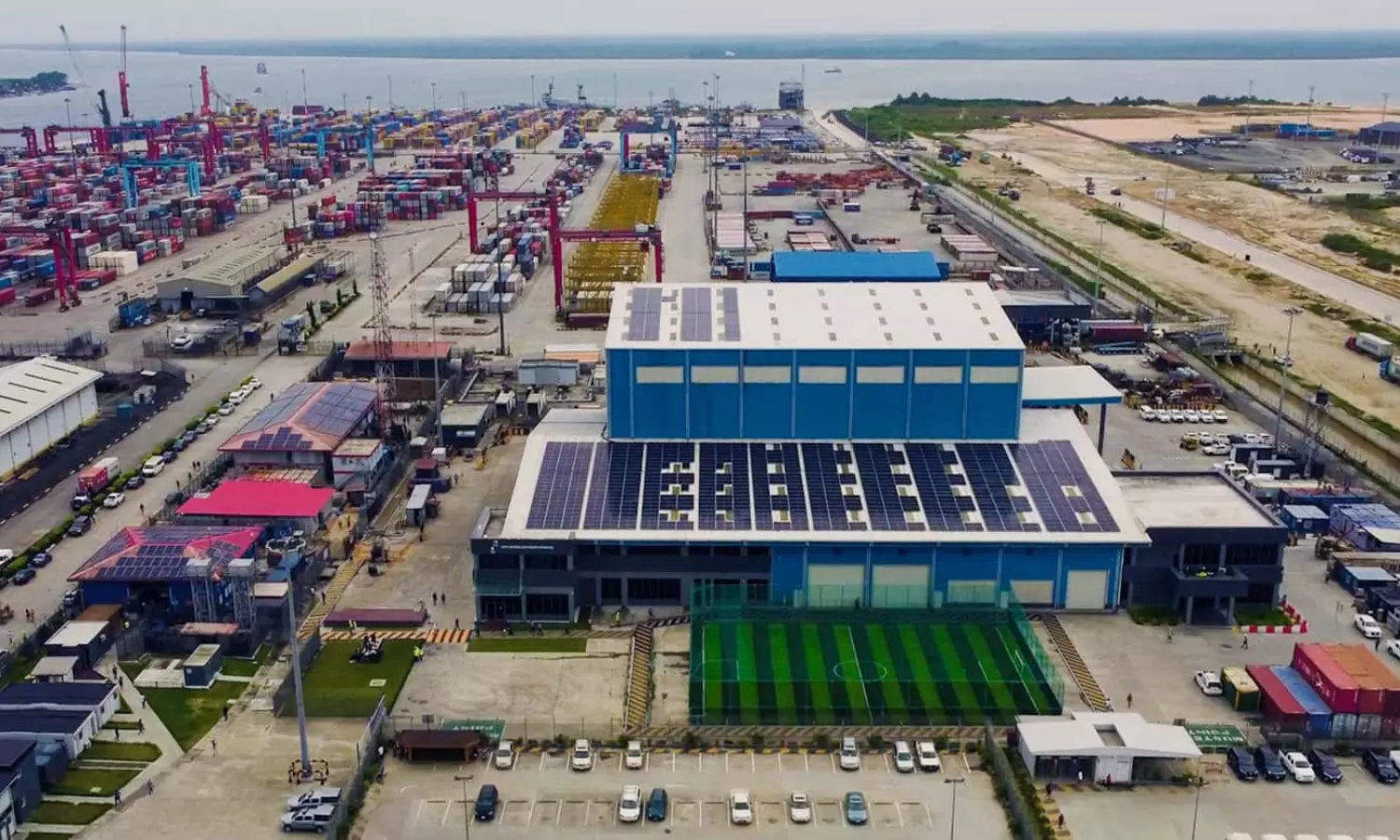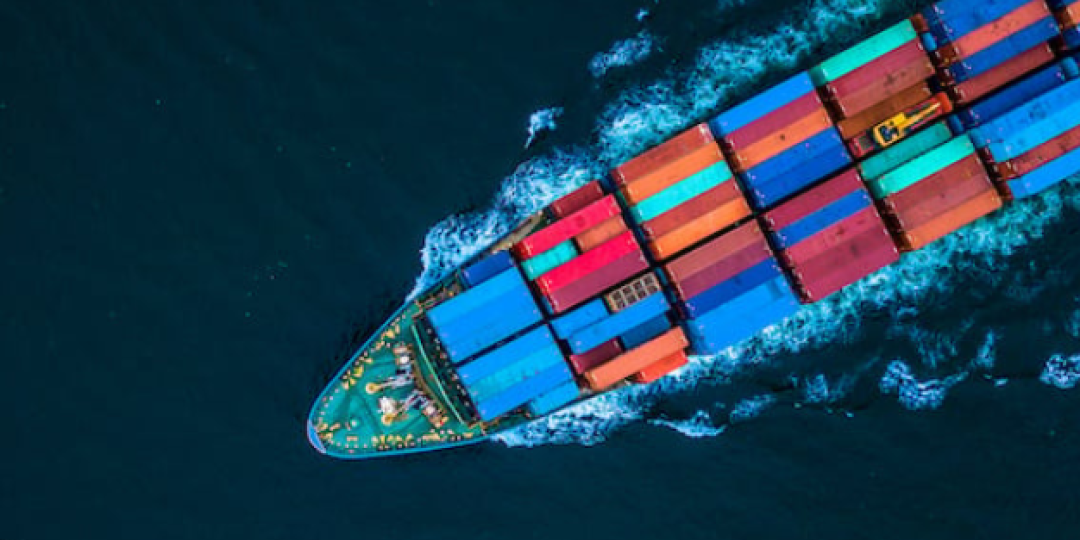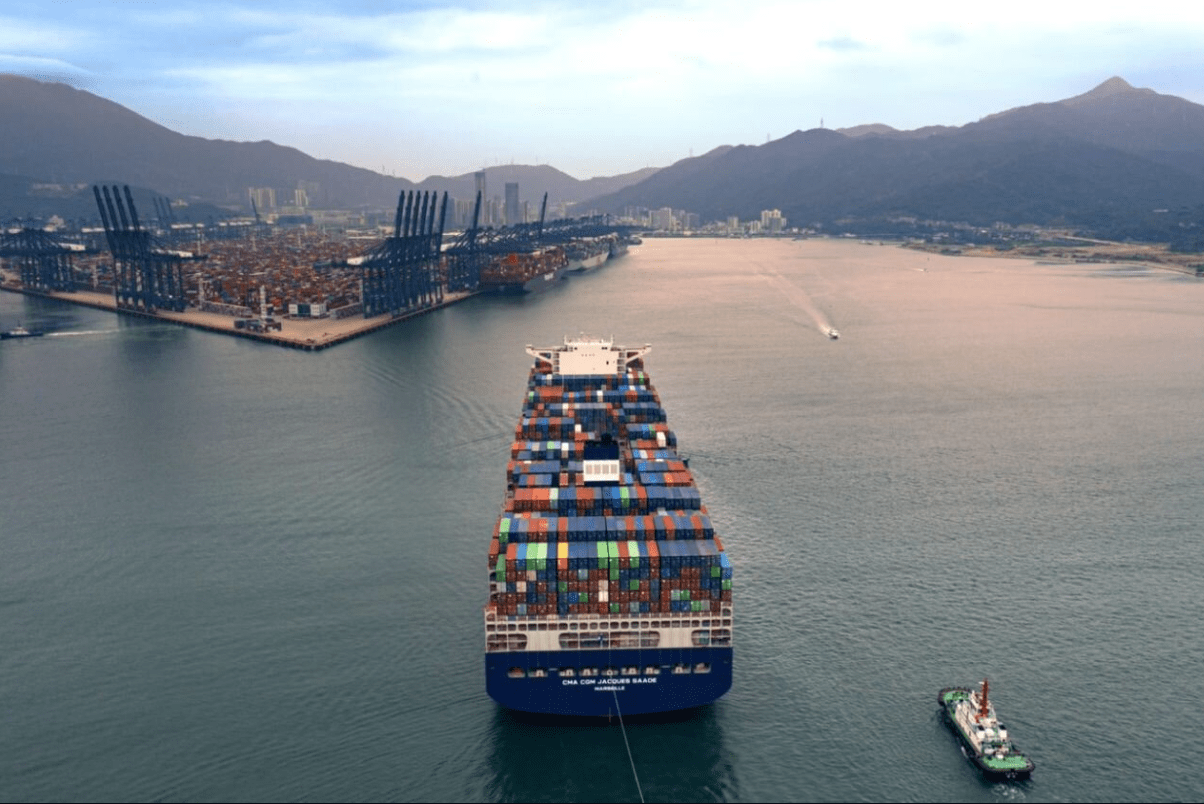Logistic

Genoa dockworkers confront Bahri Logistics over weapons shipments amid Middle East wars
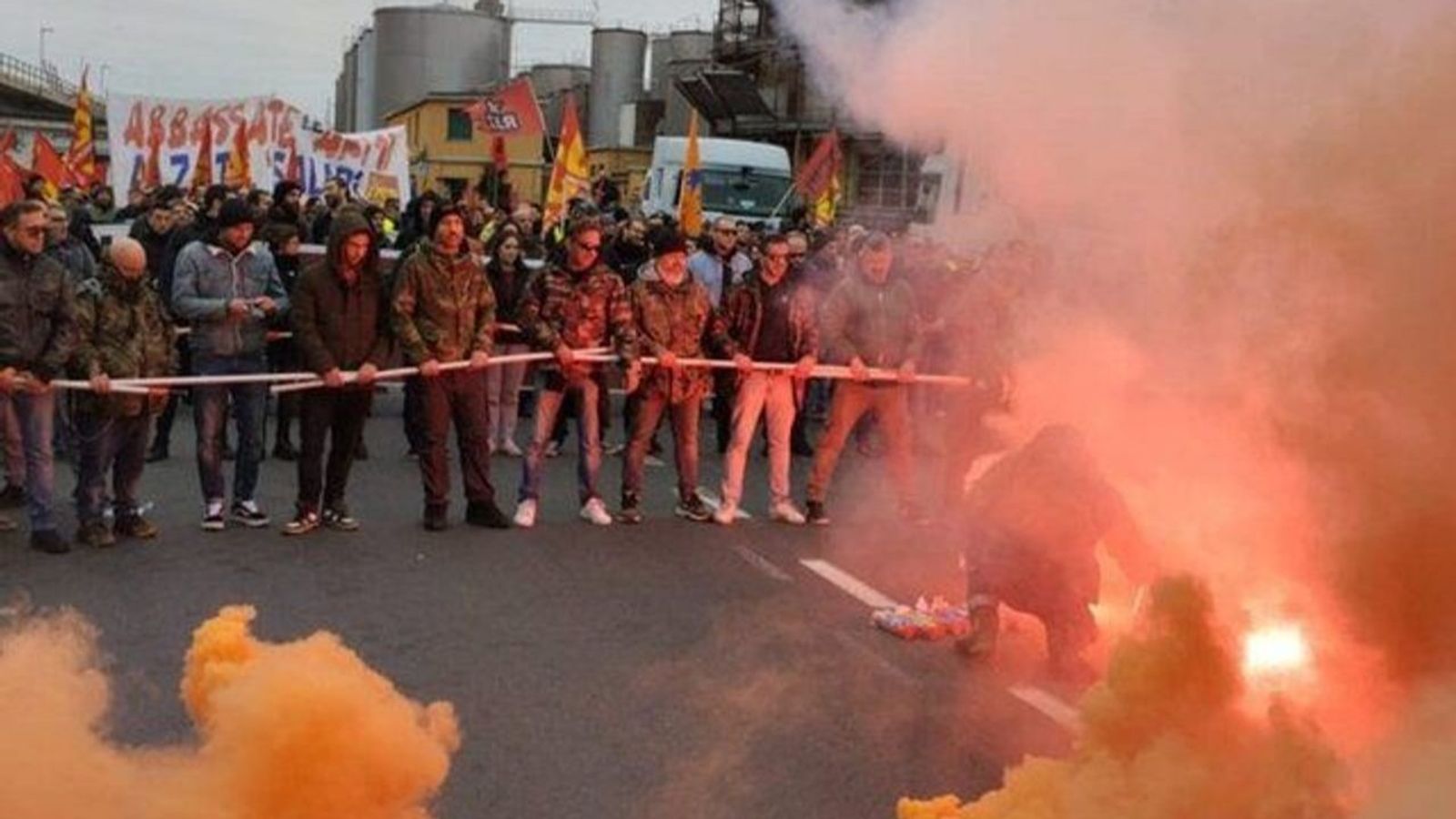
Dockworkers in Genoa, Italy are taking a stand against arms shipments to Israel and the Middle East, after they blocked weapons shipments aboard the Bahri Yanbu, a vessel belonging to Saudi shipping company Bahri Logistics.
Initial reports indicated that the arms they had found were bound for Israel. Bahri then issued an aggressive denial, accusing activists of spreading “false allegations and malicious rumors.” The Collettivo Autonomo Lavoratori Portuali (CALP), a collective of Genoa dockworkers, responded with a statement denouncing Bahri’s arms trafficking and the militarization of the Mediterranean.
Bahri’s denial and the Genoa investigation
Bahri Logistics, formally known as the National Shipping Company of Saudi Arabia, is a major logistics provider. It attracted international attention in 2014, when it signed an exclusive, five-year deal to transport weapons and military equipment for the Saudi Armed Forces.
Several NGOs have launched actions against Bahri Logistics over its role in transporting weapons. Amnesty International has called on French authorities to stop Bahri’s ships from transporting arms to Saudi Arabia, citing the serious risk that these weapons would be used to commit war crimes in Yemen. In 2019, French NGOs took legal and public action to block Bahri ships from loading arms in European ports.
The current standoff began after CALP and the USB (Unione Sindacale di Base, Union of Rank-and-File Unions) filed a complaint. They alleged the ship’s cargo included a cannon produced by Italian company Oto Melara (Leonardo group) destined for Abu Dhabi, US amphibious vehicles, US-origin tracked military vehicles, and classified containers containing explosive materials, probably cannon shells. This likely violates Italian laws on arms shipments to conflict zones.
In a statement, the company responded: “In response to false allegations and malicious rumors circulating in certain media outlets and on social media platforms, claiming that the company’s vessels are transporting shipments bound for Israel, Bahri categorically denies these unfounded claims. These allegations are entirely false and without merit.”
While the Genoa prosecutor’s office has begun investigating possible violations of laws on the transit of arms through Italian ports, workers cannot place any trust in such investigations. Prime Minister Giorgia Meloni’s far-right government has pledged its loyalty to the Zionist regime of Benjamin Netanyahu and collaborates with NATO and US imperialism. Any official inquiry is subordinated to the broader political and strategic imperatives of Italy’s ruling class.
CALP exposes Bahri’s complicity war crimes and the Gaza genocide
In response, CALP rejected Bahri’s statement and pointed to the company’s long record of weapons shipments. It wrote: “Bahri Logistics has issued, for the first time after years of silence since the first blockade in 2019, a statement to dispel doubts that the recipient could be the IDF [Israel Defense Forces].”
CALP criticized Bahri’s attempt to dismiss dockworkers’ concerns as unfounded, pointing to Bahri’s longstanding ties to arms transport. CALP noted that it never claimed the weapons were being shipped “to” Israel, but “that the holds are full of weapons systems, yes.” It added:
We dockworkers do not want to be cogs in anyone’s war and we are seriously concerned for the safety of workers and of the entire city given the content of what Bahri transports. So, the problem is not where they are going, but the fact that Bahri has always carried weapons and explosives. …
Those weapons, Bahri loaded them in America, Israel’s key ally, so the Kingdom’s policy is clear enough to us. For Bahri to claim “support for the Palestinian cause” while trafficking American weapons is a contradiction.
CALP stressed that it opposes arms shipments to the Middle East, whether destined for genocide in Gaza or war crimes in Yemen: “The entire Middle East has been a powder keg for years. For us dockworkers, there are no first-class or second-class wars.”
The issue is not only the destination of one arms shipment. The working class must intervene to stop an escalating cycle of endless war across the Middle East, whose class character is exposed by the genocide in Gaza. Indeed, CALP’s statement concludes:
What way forward in the struggle against imperialist war and genocide?
By refusing to handle Bahri’s shipments, CALP stands out as one of the few organizations in Europe taking principled, independent action against imperialist war and genocide. Its defiance reflects a growing understanding in the working class, amid official support for the Israeli regime amid its genocide in Gaza, that opposition to war cannot be left to capitalist institutions. It must be organized independently from below, by the rank-and-file.
By showing how the flow of weapons to NATO-backed wars and genocide can be stopped, CALP’s action also poses critical political issues facing workers internationally.
First and foremost, the working class must organize itself on an international scale. This is shown very concretely by the struggle to stop the Gaza genocide and wars like the NATO-backed Saudi war on Yemen. To successfully block the flow of arms to these conflicts, rank-and-file workers at ports around the world must be able to work collectively to identify ships bearing arms and prevent them from being loaded in whatever port in whatever country they are located.
Building such an international organization requires making a political break with national bureaucracies, that is, especially in Italy, with various organizations descended from or linked to Italian Stalinism. It depends in the final analysis on a critical mass of workers and youth developing a Marxist-internationalist, that is to say Trotskyist opposition to Stalinist and other national bureaucracies.
CALP’s courageous actions reflect the traditions created by the long history of labor militancy and antifascist resistance in Italy. It was created in 2011 by port workers seeking to bypass the Stalinist-led General Confederation of Italian Labor (CGIL). CALP abandoned its affiliation to the CGIL after organizing a 2019 protest against Bahri’s shipments of arms to the war in Yemen. The CGIL bureaucracy refused to declare a strike, isolating CALP. Disillusioned, CALP left the CGIL.
CALP affiliated instead with the USB. However, the USB bureaucracy does not play a fundamentally different role than the CGIL bureaucracy.
The USB is a member of the historically Stalinist World Federation of Trade Unions (WFTU). It signed a 2014 agreement on union representation in Italy, giving companies more control over which unions are recognized, in exchange for granting those unions certain privileges. Today, the USB negotiates with fascist Prime Minister Meloni’s government. A few weeks ago, it canceled a planned sit-in in Calabria after Minister of Public Administration Paolo Zangrillo agreed to a meeting, brokered by right-wing MP Francesco Cannizzaro.
The USB applauded Zangrillo and Cannizzaro, hailing their intervention as a “positive sign” and “welcom[ing] with satisfaction the willingness and commitments undertaken.” This signals its readiness to work with forces responsible for decades of austerity attacks on the working class at home, and imperialist wars abroad.
In the struggle against genocide, imperialist war and capitalism, the allies of militant workers are not the right-wing parliamentarians in their own country, but their class brothers and sisters internationally. On this basis, the International Committee of the Fourth International has called to build the International Workers Alliance of Rank-and-File Committees (IWA-RFC).
Independent, rank-and-file committees must be formed in every port, factory and workplace. Controlled directly by workers themselves and not by corrupt national bureaucracies, they can coordinate action internationally, share critical information, and take actions like organizing a genuine workers blockade of imperialist wars and genocide. Existing, sporadic communications between dockworkers internationally, while important, cannot substitute for a permanent, consciously built international organization.
Only through such an international unification of the working class can the immense social power of the working class be mobilized to halt war and genocide and open the road to a socialist future.



